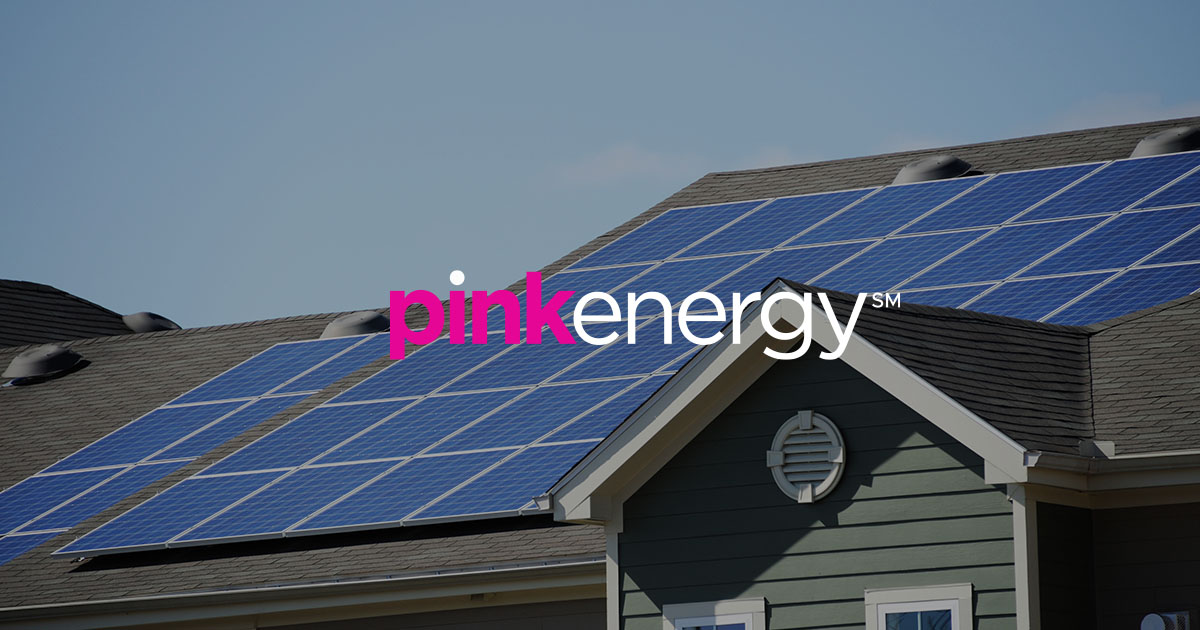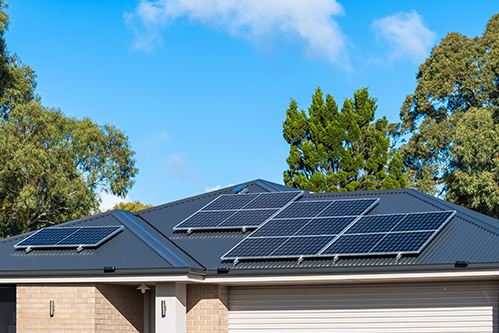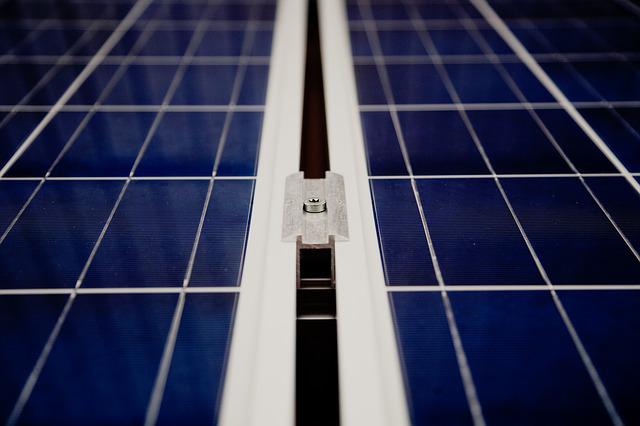
You need to be aware of the following important points to ensure that you get the best out of your investment in solar panels. These are: Tax incentives; Payback period; and Net metered. It is important to choose the best solar company. Ask friends or review sites for suggestions. Make sure you compare apples to apples. The more information you have about solar panels, your decision-making ability will be stronger.
Tax incentives
If you're looking for tax incentives for solar panel investment, there are a number of state and federal programs you can check out. Tax credits can often be up to 30% in some cases. In addition, you may also be eligible for net-metering and other incentives that are specific to your state. Solar tax credits can also be combined with other incentives.
The Investment Tax Credit (ITC), which is a federal tax credit, can be used as a way to offset the price of solar panels. The credit is applied to the cost of solar panels purchased during the tax year in which the system is installed. The credit is calculated as a percentage of system cost and can go as high as 30%.

Net metering
It is possible to maximize your savings by purchasing solar panels and receiving net meters from your utility company. This system allows you sell excess energy back at the utility to pay for the production costs. Your utility company can give you energy credits if you generate more electricity than you use. This can add up to hundreds each year.
Net metering works in two ways: it reduces the strain on the electric grid and offsets electricity costs for non-solar customers. It reduces energy losses by sending voltage miles from your nearest power plant. Net metering can be perceived as unfair by non-solar electricity customers. However, there are numerous cost-benefit analyses that show it to be an effective tool in maximizing your solar panel investments.
Investing in solar panels
Solar panels can help you save money. It is becoming increasingly expensive to power your home with electricity. However, solar energy can be a cost-effective solution. Solar energy will increase the value of your home by reducing electricity costs. This will make it more attractive to potential buyers. The best part is that solar energy has become more popular and more companies are investing in it.
But there are some risks involved with investing in solar panels. The solar industry is a huge opportunity for growth, but many companies in this sector can trade at high valuations that make it difficult to realize large returns. You can always expect underperformance when you invest high prices.

Payback period
The payback period of solar panels is an important part of making a decision on solar energy. The cost of solar panels and how much electricity you use are some factors that affect the payback period. The payback period can be calculated by dividing the project costs and the annual production. You will need to provide more details in order to get a more accurate figure. A solar contractor can provide you with a spreadsheet which uses multiple resources and tools to calculate the return period on your investment in solar energy.
There are many factors that affect the payback period of solar panels investments. Most typically, it is between six and ten year. The payback period can be shorter or longer depending on the circumstances of your house. The payback period may be shorter if your home has a lot of sun. In addition, if the payback period is shorter for your home, you may be able to qualify for a federal tax credit.